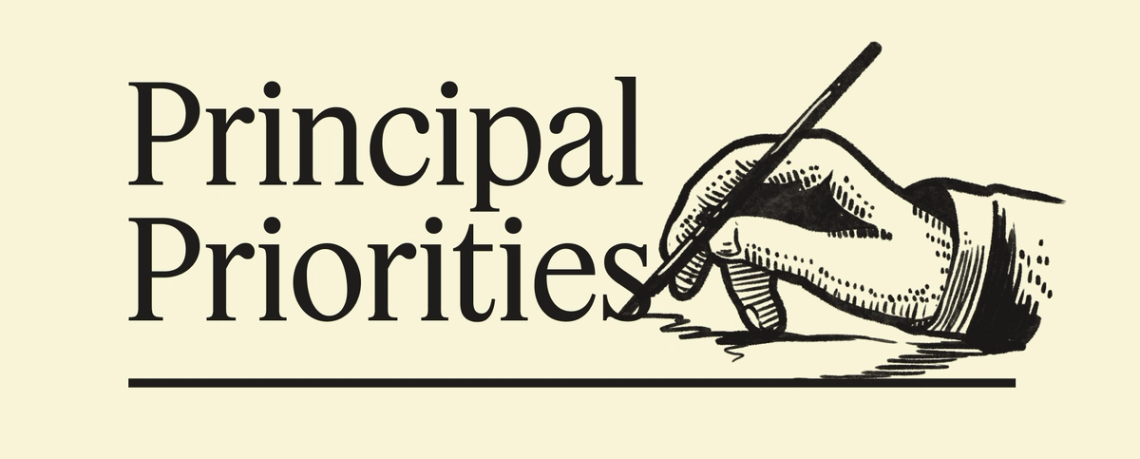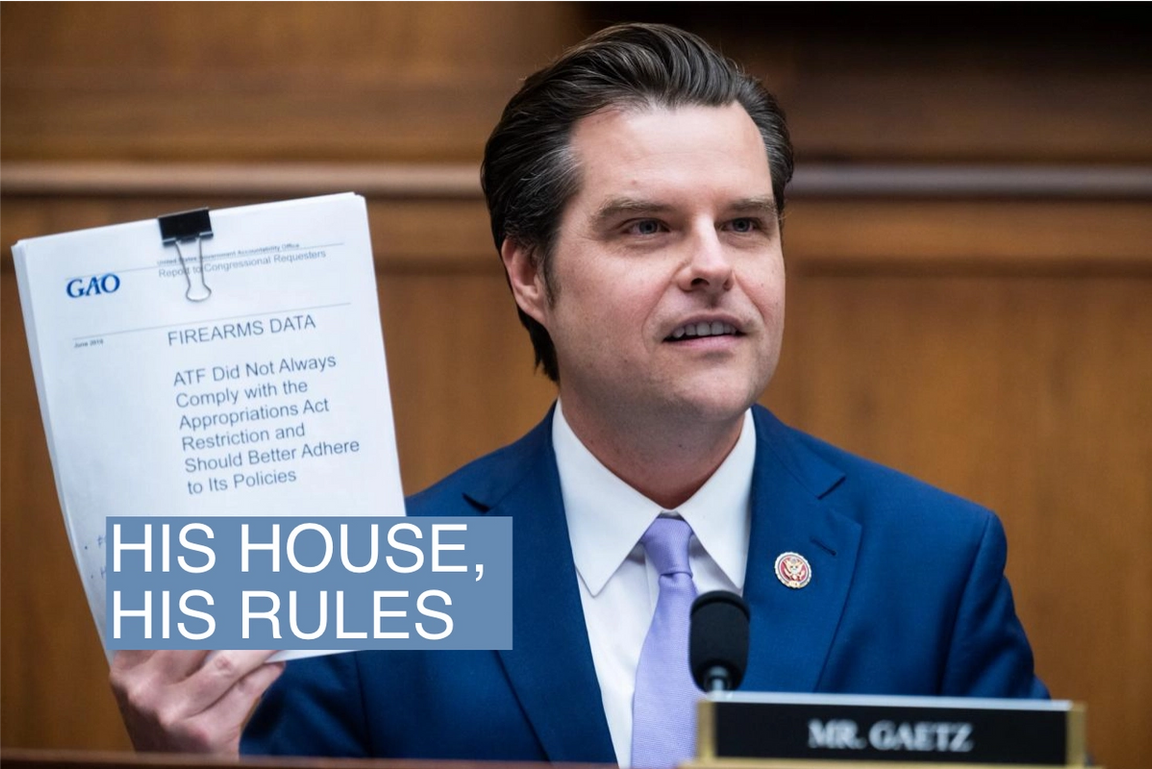 REUTERS/Florence Lo REUTERS/Florence LoTHE NEWS Eight months after the high-profile collapse of FTX, there’s still a lingering appetite in Congress to build guardrails for crypto. But the chances of major legislation may be fading as the Senate loses interest in potential bills and the top proposal in the House struggles to attract bipartisan support. At the same time, the Securities and Exchange Commission is escalating its own crackdown on the freewheeling cryptocurrency market with twin enforcement actions. On Monday, the SEC accused Binance of mishandling customer funds and lying to American regulators. A day later, it sued Coinbase and alleged it had failed to register as a broker. On Tuesday, the House Agriculture Committee held a hearing centered around a 162-page draft bill from GOP Reps. Glenn Thompson of Pennsylvania and Patrick McHenry of North Carolina released last week that’s designed to provide joint responsibility to both the SEC and the Commodities Future Trading Commission in regulating digital assets. The bill would set up the SEC as the top cop for digital assets offered under investment contracts as securities. Those that qualify as commodities would be policed by the CFTC. It would provide a path for platforms to register at the SEC, CFTC, or both. “It is incumbent on us to not miss this opportunity and bring certainty to digital asset markets,” Thompson said in his opening remarks. But Democrats are still not on board. Rep. David Scott of Georgia, the ranking Democrat on the Agriculture committee, said the proposal relied on “complex and untested processes” that could make enforcement even more uncertain. He singled out a temporary registration process that provides some relief from the bill’s requirements while relevant agencies draft final rules. JOSEPH’S VIEW Thompson and McHenry helm the House Agriculture panel and Financial Services committee, respectively, giving their proposal significant momentum to make it out of the House. But that’s where the trail ends right now for crypto legislation. I wouldn’t expect major activity to flow from the Senate anytime soon. “I think we’ve looked at it,” Sen. Mike Rounds of South Dakota, a member of the Senate Banking panel, told Semafor. “I’m not sure that we’ll have a strong enough consensus in the Senate to actually do something this year.” Senate Banking Chair Sherrod Brown, who’s in a competitive reelection race in Ohio, told Semafor that he has a lengthy to-do list on his committee and was noncommittal. “I hope we do that but we have our plate full,” Brown said. “We’re doing CEA nominees, we’re doing Fed nominees, we’re doing [fintech], we’re doing executive accountability, and we’re doing SAFE banking.” For key senators, a “let it burn” approach may be taking hold. They’d rather not legitimize crypto by providing rules of the road, instead taking a buyer-beware approach that keeps it isolated from the rest of the economy. Up to now, Brown has largely deferred to SEC chair Gary Gensler, who has consistently said new rules aren’t necessary and urged trading platforms to register with the SEC and abide by regulations treating most tokens as securities. Gensler took it a step further in a Tuesday CNBC interview, suggesting that digital tokens aren’t needed in today’s financial ecosystem. McHenry has criticized Gensler’s approach as overzealous, warning it will drive the crypto industry overseas. “It’s pretty clear that Senate Democrats think most cryptocurrencies are securities and that the SEC has the legal authority to police the crypto market right now,” Lee Reiners, policy director at the Duke Financial Economics Center, told Semafor. “They don’t see any urgent need to put forward any legislation.” A parallel effort at a hefty crypto bill by Sen. Elizabeth Warren of Massachusetts has also gone silent. Another major bill from the Senate Agriculture Committee which drew intense scrutiny last year for its close ties to FTX founder Sam Bankman-Fried (who is no longer a Semafor investor) appears to be stalled. “Talks continue regarding reintroducing the DCCPA, but the farm bill conversations have been taking priority at the moment,” Patrick Creamer, a spokesperson for Senate Agriculture Republicans, told Semafor. “I haven’t heard that is a viable effort this year,” Kristin Smith, CEO of the Blockchain Association, told Semafor. As for the House’s latest proposal, it’s unclear if it would attract Democratic support — or even come up for a vote — if it came to the Senate. “The biggest issue is this is an all GOP bill,” Patrick Slaughter, policy director at Paradigm, tweeted. “So this bill may pass the House, but it will need some serious Democratic support (likely 50-100 Democratic House Members) to have a chance of becoming law.” ROOM FOR DISAGREEMENT Some House Republicans believe their measure will attract Democratic support. “I would say there’s a high level of interest,” Rep. Dusty Johnson of South Dakota told Semafor. “It addresses a lot of the issues that a number of them tell me they’re concerned about, which is that we need a spot market regulator in the digital asset space.” | 







